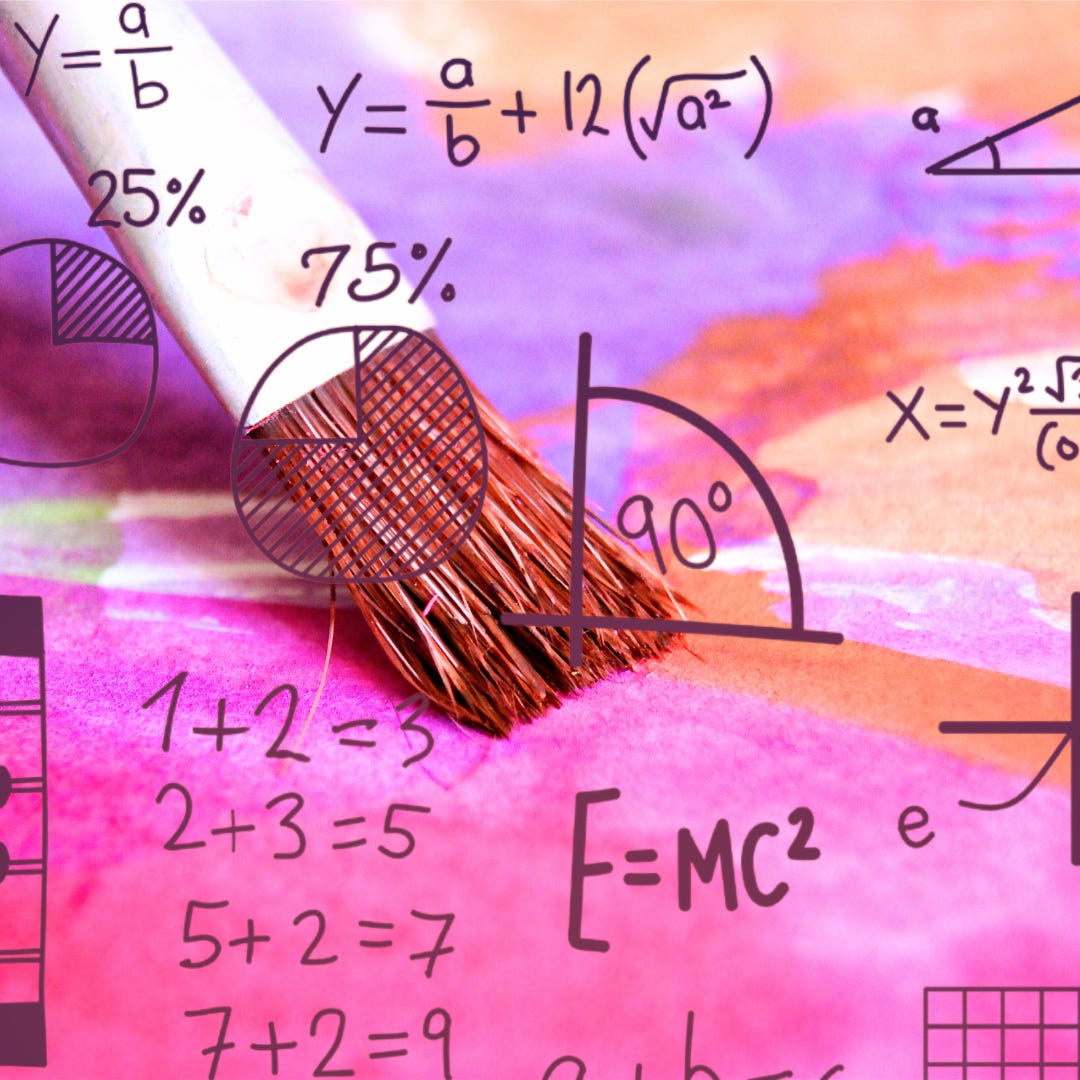How to be immoral
the hidden value of microtransgressions and bad conscience
The magic of rights and wrongs
We immoralists are trying as hard as we can to rid the world of the concepts of guilt and punishment and cleanse psychology, history, nature, and social institutions and sanctions of these concepts.
Nietzsche, Twilight of the Idols §7
I heard recently that American illusionist David Copperfield has plans for a show where his new trick will be unveiled. He plans to make the moon disappear. This sounded totally ridiculous - but then I remembered watching him make a jet plane disappear when I was a child, back in 1981. Suddenly I found myself wondering - what if he could actually make the moon disappear?
My favourite illusionist is Criss Angel. I came across Criss when he was making YouTube videos of himself walking around Las Vegas doing tricks for unsuspecting crowds. Here’s one of him walking on water. And then I remembered taking this photo on the streets of Prague a few years ago:
I find illusionists and magicians so incredibly frustrating. You know you are being tricked, but your senses tell you something different. You end up literally not believing your eyes. Your basic bodily functions - seeing, hearing, tasting, smelling, touching - betray you. It is extremely unsettling. You have to be able to rely on your senses in order to get through life.
In a similar way, I hear a lot of people talking about how they rely on their conscience as their inner moral sense. The idea is that your conscience can reliably tell you right from wrong, best from worst.
But what if conscience is as unreliable as your magic-tricked senses? What if your conscience is like a long-running illusion, telling you one thing when actually something else is happening? This sounds a little disturbing…
… but unfortunately there are many good reasons to think that this inner voice of conscience is not only unreliable but even occasionally harmful. One of those reasons is something the philosopher Friedrich Nietzsche called “customary morality.” This is when we internalise social customs, which are basically arbitrary, and turn them into moral systems.
The result is that our conscience ends up reflecting the moral system that we’ve inherited rather than what is actually best for each of us as individuals.
So what can you do to get a better internal sense for right and wrong going? A sense that won’t harm you, and might even help to support your flourishing?
I can think of at least three possibilities:
Find a rule book: religion/theology is often good for this
Study ethics: philosophy is usually good for this, or
Retrain your conscience to meet your own unique individual requirements
I have found the religious and theological solution to be unsatisfactory - the rule book is normally not flexible enough and is often out of date. As a philosopher, I’m partial to option 2. But then again - academic philosophy tends to lose its way in theory and never really gets back to the practical everyday questions that most people have.
So let’s look at option 3 - it’s practical, applicable to everyone and likely to yield good results.
Here’s two tactics for retraining your conscience: deploying microtransgressions and enjoying the feeling of bad conscience. By using these tactics, your conscience can adapt to become more reliable as a tailored guide for living well.
Try try try
But we, we others, we reason-thirsty ones, want to face our experiences as sternly as we would a scientific experiment, hour by hour, day by day! We want to be our own experiments and guinea-pigs.
Nietzsche, The Gay Science §319
Keep reading with a 7-day free trial
Subscribe to Provocations to keep reading this post and get 7 days of free access to the full post archives.




